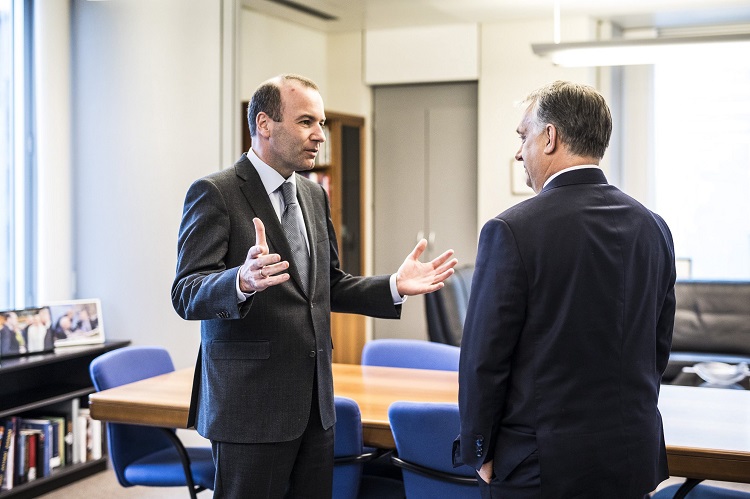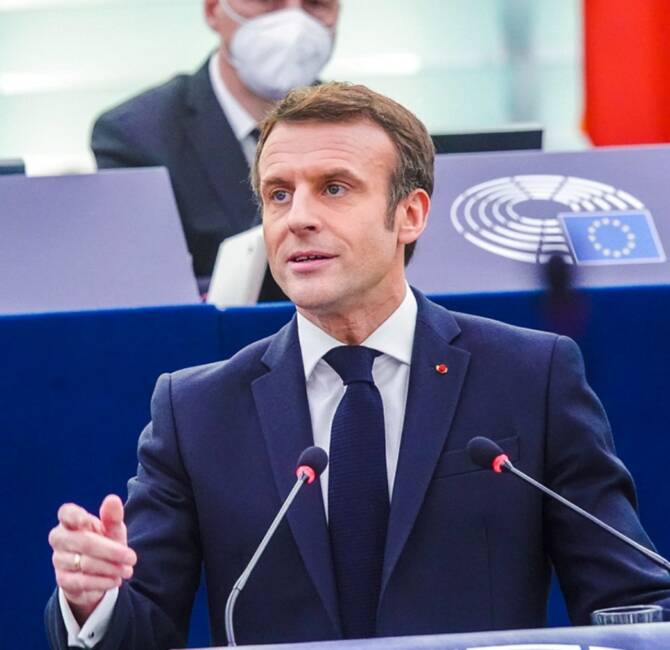Article originally published on Hungary Today.
Belgium, Brussels – At the plenary session of the European Parliament on Wednesday, April 26, Hungarian Prime Minister Viktor Orbán claimed that his government’s dedication to the European Union is “unquestionable,” but in many respects the government is dissatisfied with the operations of the EU.
Addressing the session, which was convened primarily to discuss fundamental rights issues in Hungary, Orbán claimed that his government ‘is critical of the EU because it wants to correct the bloc’s existing faults and reform it.’
Going further, the Hungarian PM claimed that the only way to restore citizens’ trust is by making every effort to correct the mistakes and this also requires clearly identifying them. He called for a “fair, open debate” and asked members of the EP “to give a critical approach to prejudices against Hungary”, and apply “equal standards” in matters concerning the country.
Orbán told European Parliament members that his government is ‘fully aware’ that EU membership comes not only with rights, but with responsibilities as well. He also emphasized that the level of support towards the EU is high in Hungary.
Regarding the government’s controversial campaign against NGOs and civil society organizations, Orbán claimed that the matter had been dealt with in several EU countries. The Hungarian government merely wants to ensure that the interests and sources of funding behind NGOs are made known to the public, he said.
Addressing the ongoing ‘Lex CEU’ controversy, the Prime Minister claimed that accusations leveled at the Hungarian government that recent amendments to Hungary’s higher education law tightening rules on the operations of foreign universities in the country are aimed at closing Budapest’s Central European University are “unfounded.”
He told the European Parliament that the new rules eliminate an opportunity for “speculation or abuse”, adding that they ensure transparency and remove “privileges enjoyed so far”.
Orbán said that, as the leader of an EU member state, he was obligated to ensure that “European and Hungarian universities suffer no drawbacks compared to their competitors”.
Manfred Weber, group leader of the European People’s Party, asked Orbán to consider changes as recommended by the European Commission concerning the contested legislation.

Weber said that Hungarian students have enjoyed the benefits of the CEU’s dual degrees over the past 25 years, and expressed incomprehension at the Hungarian government’s aim to remove that advantage. Academic freedom is a fundamental European value, which should be retained and preserved, Weber said. He added that CEU was doing nothing other than its job.
Politicians, academic institutions, and researchers around the world have expressed their support for CEU and their condemnation of the Hungarian government’s actions; the list of CEU supporters stretches from Hungarian EU Commissioner and Fidesz member Tibor Navracsics, to the President of the Hungarian Academy of Sciences, to leaders at international universities like Princeton, Oxford, and Duke, to the US Department of State, to Nobel prize winners and hundreds of prominent academics.
Orbán claimed that the Hungarian government aimed to settle the matters on the EU’s agenda concerning Hungary through dialogue, the same way it had strived to settle the disputes between itself and the EU in the past.
He said that, over the past years, Hungary had settled a number of disputes with the European Union, such as the country’s regulation of its media, the independence of its judiciary, its new constitution or the upgrade of its nuclear power plant in Paks.
Although, despite his will to chill Brussels, the conservative Hungarian Prime Minister Viktor Orbán expressed his determination to oppose the “financial specualtor George Soros”. According to Viktor Orbán, “it is important information that George Soros and his NGOs want to transport one million migrants to the EU per year”.




